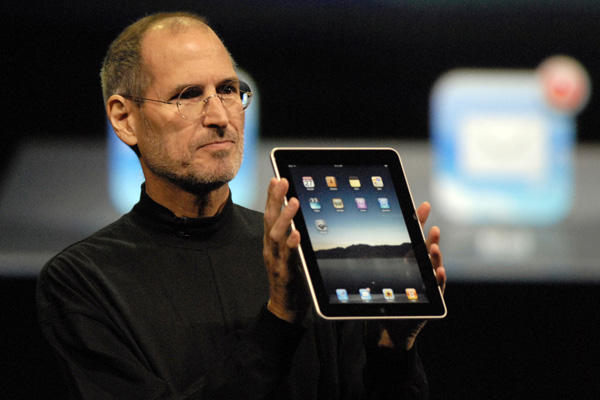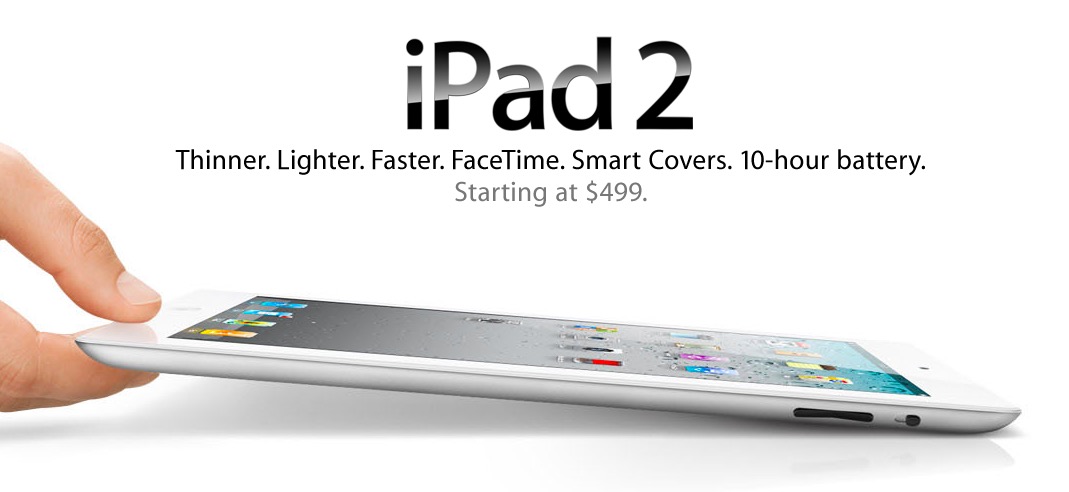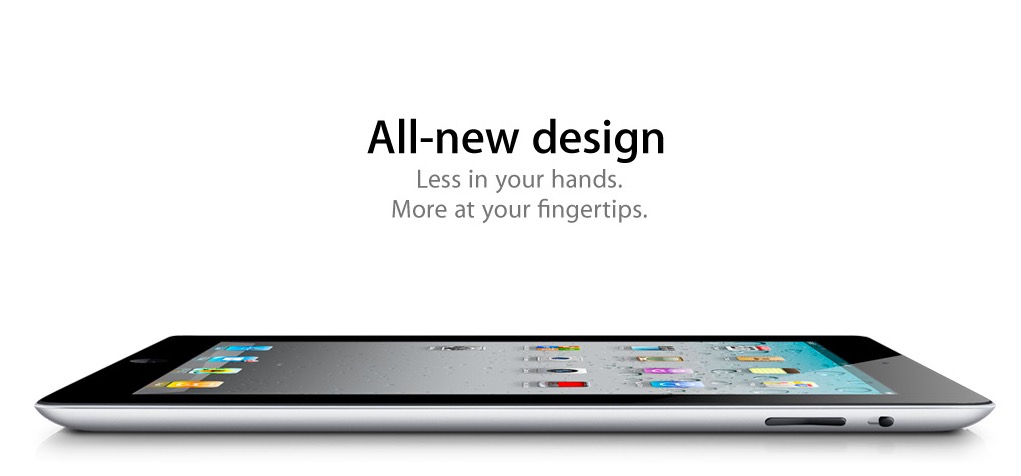Apple also has a reputation for placing great emphasis on maximum secrecy when it comes to the development of its upcoming products. Reckless disclosures and leaks can have very unpleasant consequences, as evidenced by the case that took place in China in June 2011 before the official release of the iPad 2.
It could be interest you

At that time, three people were imprisoned in connection with the iPad 2 leak. They were employees from Foxconn's research and development department, who were given sentences ranging from one year to eighteen months. In addition, fines ranging from $4,5 to $23 were also imposed on the individuals concerned. A trio of Chinese Foxconn employees were arrested in December last year, and all three were accused of leaking details about the appearance and accessories of the then-unreleased iPad 2.

Shenzen MacTop Electronics, which since its founding in 2004 has been involved in the production of covers for Apple iPads among other things, paid for the leaks, and thanks to earlier access to information about the appearance of the iPad 2, it was able to start producing the relevant covers before competing manufacturers. During the court proceedings, among other things, it became clear that the company Shenzne MacTop Electronics offered the accused Foxconn employees a reward of 20 Chinese yuan for relevant information, which translates to roughly 66 crowns (according to the current exchange rate). For this amount, the company was provided with digital images of the upcoming Apple tablet. A trio of Foxconn employees were charged with violating trade secrets by Foxconn and Apple after their arrests.
This event was initially described as the definitive end of product leaks from Apple, but in the end, for understandable reasons, this was not the case at all. All kinds of leaks - whether in the form of drawings or photographs, or in the form of various information - still occur to some extent today. Leaks related to upcoming new versions of the operating system are not unusual either. Apple is also a bit more open under the leadership of Tim Cook than it was under Steve Jobs, but the truth is that it has introduced much stricter measures with its suppliers to prevent possible leaks of all kinds.




